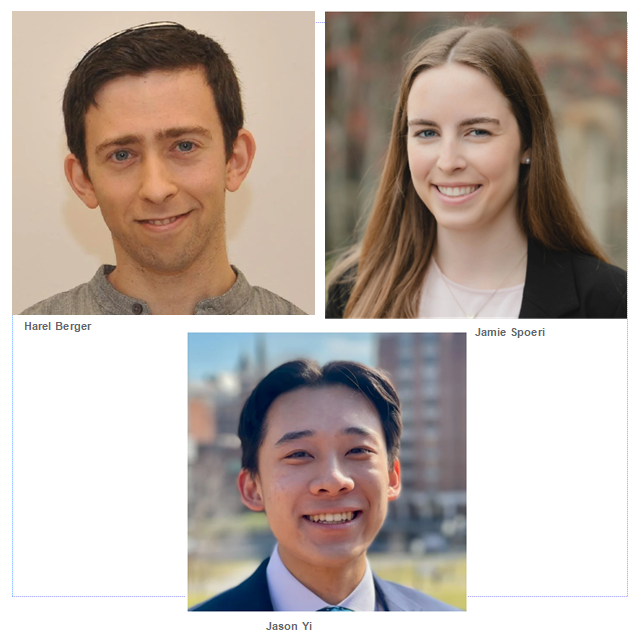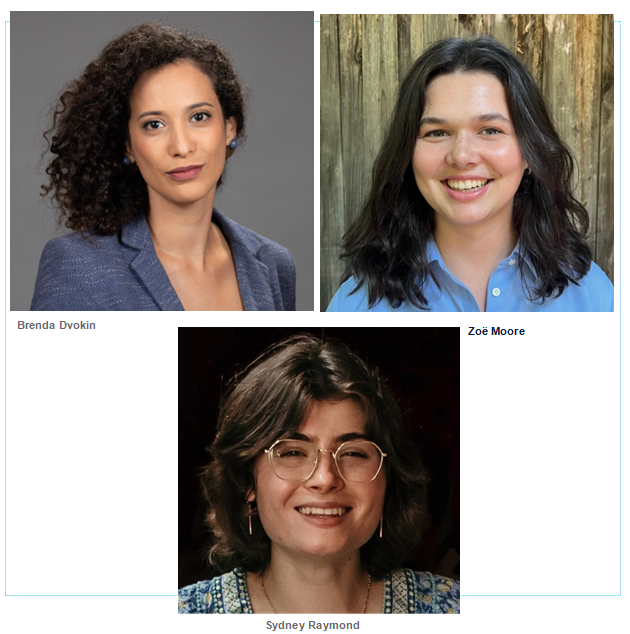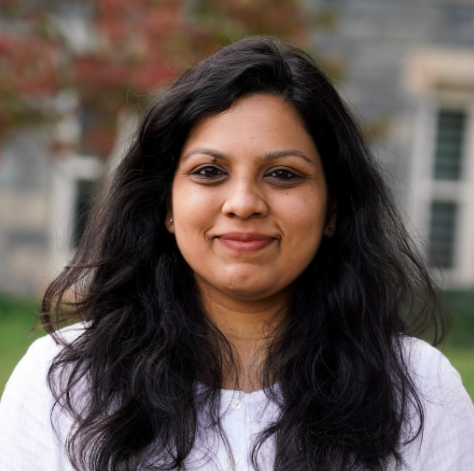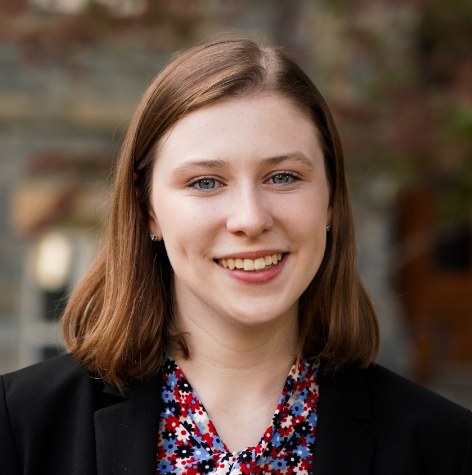Student Stories: Fritz Family Fellows
Read about the exciting work that our fellows are doing with CDE faculty
Use and Misuse of Censorship Resistance Systems (Harel Berger, Jamie Spoeri and Jason Yi – with Prof. Micah Sherr and Prof. Lisa Singh)

With information access controls in place in over 60 countries (affecting more than half of the world’s population), internet censorship is used to restrict human rights and fundamental freedoms of individuals worldwide. Internet freedom advocates and researchers have addressed the threat of internet censorship by developing censorship resistance systems (CRSes) – technologies that aim to provide users who are subject to censorship with unfettered access to the internet by bypassing (in computer science parlance, circumventing) nation-states’ censorship aparati. This has resulted in an active arms race between proponents of internet freedom who develop these technologies and internet censors who attempt to detect and block their use. Importantly, to date, computer science researchers have mostly been concerned with engaging in this arms race by developing new technologies for censorship circumvention. The proposed project, on the other hand, takes a different and much more interdisciplinary tack by exploring how censorship resistance systems are actually used in practice and using this “ground truth” data to develop policy guidelines concerning the development, distribution, marketing, and use of CRSes.
Redesigning Technology Governance for the Common Good (Brenda Dvokin, Zoe Moore, and Sydney Raymond – with Prof. Meg Leta Jones, Prof. Paul Ohm, and Prof. Julie Cohen)
This multi-year research project aims to reinvent the institutions and tools used to govern technology and technology companies in ways that prioritize public accountability and effective public oversight. The researchers seek to restore and recenter the rule of law within a new institutional framework designed around the needs and failure modes of an informational economy. This will be a “full stack” effort, encompassing the sorts of implementation details that shorter term projects might propose but also extending down to rethink fundamental principles of regulatory organization and operation. The intention is to tackle one of the six pillars identified (policy mechanisms; monitoring and enforcement; rule of law requirements; institutional integrity; procurement; and inclusion) each semester.

Designing Sustainable Regulatory Oversight Mechanisms for Government Services and Technologies (Smitha Krishna Prasad – with Prof. Meg Leta Jones and Prof. Julie Cohen)

Governments across the world are increasingly turning to digital technology to assist in their everyday functions. While many efforts to incorporate technology in the Government work space started with digitizing files and communications, today government use of digital technology is far more complex. In many States, governments are turning to digitalization as a means to rebuild programs for the delivery of government services, but these programs are often plagued with concerns regarding corruption, efficiency, transparency and accountability. On the other hand, the makers and promoters of technology advertise their programs as fool-proof remedies. At the same time, the lack of capacity within governments has led to the outsourcing of this digitalization process to the private sector. These processes are often subject only to contractual obligations between the State and the private actors, without clear commitments regarding the impact of the technology on citizen’s rights, or adequate oversight mechanisms. In response to this evolving landscape, the researchers working on this project aim to survey the current regulatory practices and design sustainable regulatory oversight mechanisms for government services and technologies.
Archiving the Digital Privacy Field (Fiona Richards – with Prof. Meg Leta Jones and Prof. Paul Ohm)
The project centers on recording oral histories from early members of the digital privacy movement. This includes professors, programmers, and other stakeholders involved in the early internet and the move to Web 2. Once the archive is completed, it will combine these oral histories with biographies, relevant articles, and relevant laws and government reports in an easily accessible online site housed by the Georgetown library. This trove of information will expand and can be continually built on in the future to create a tech privacy resource center for students, faculty, and staff. This Fritz Fellow working on this project has been transcribing the oral histories, finding and centralizing relevant legal texts and articles, and creating biographies of those included in the archive.
